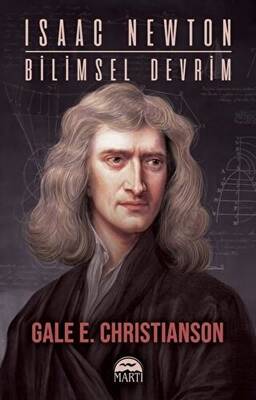

We live today as courtiers once did in royal courts: we must appear civil while attempting to crush all those around us. The authors have created a sort of anti-Book of Virtues in this encyclopedic compendium of the ways and means of power.Įveryone wants power and everyone is in a constant duplicitous game to gain more power at the expense of others, according to Greene, a screenwriter and former editor at Esquire (Elffers, a book packager, designed the volume, with its attractive marginalia). Though light on equations and proofs, Christianson offers a revealing portrait of a man who helped revolutionize science.

In both instances, Christianson shows, Newton played Nixonian tricks to make sure he won out: In the first case, he called together a high-powered committee to review his charge that Leibniz had stolen the calculus from him, but “handpicked every committee member, stacking the deck against the faraway Leibniz from the beginning.”ĭirty politics via committee? Newton truly was a modern. For all his renown, Newton was ready to rumble, as when he accused a young German named Gottfried Leibniz of plagiarism and entangled himself in an unseemly feud with fellow astronomer John Flamsteed. While doing so, Newton had also been keeping careful notes on gravitation-inspired, as the old story goes, by the falling of an apple-and on the nature of the solar system, all of which would yield publications that would cinch Newton’s fame. He was soon a fellow and master, and before he was 24, he “had become the most advanced mathematician the world had yet known” by developing fluxions, or what is now called the calculus, by which a scientist could describe quantities that are constantly changing. Small and weak, Newton was still a scrapper, unafraid of a fight but when he wasn’t scrumming, he was under a tree or a hedge with some difficult book, and when he arrived at Cambridge, in 1661, he was primed to do great things. Thus spurned, Newton plotted revenge, for, as Christianson ( The Last Posse, 2001, etc.) writes, he could carry a grudge forever. Isaac Newton was fortunate enough to have traded up at birth: his small-landholding father died and his mother married a rich man and insisted that her son be given a trust fund, allowing him to live comfortably-if at a distance, since the price of having that fund meant living with his grandparents. Slender but detailed life of the famed scientist and inventor.


 0 kommentar(er)
0 kommentar(er)
